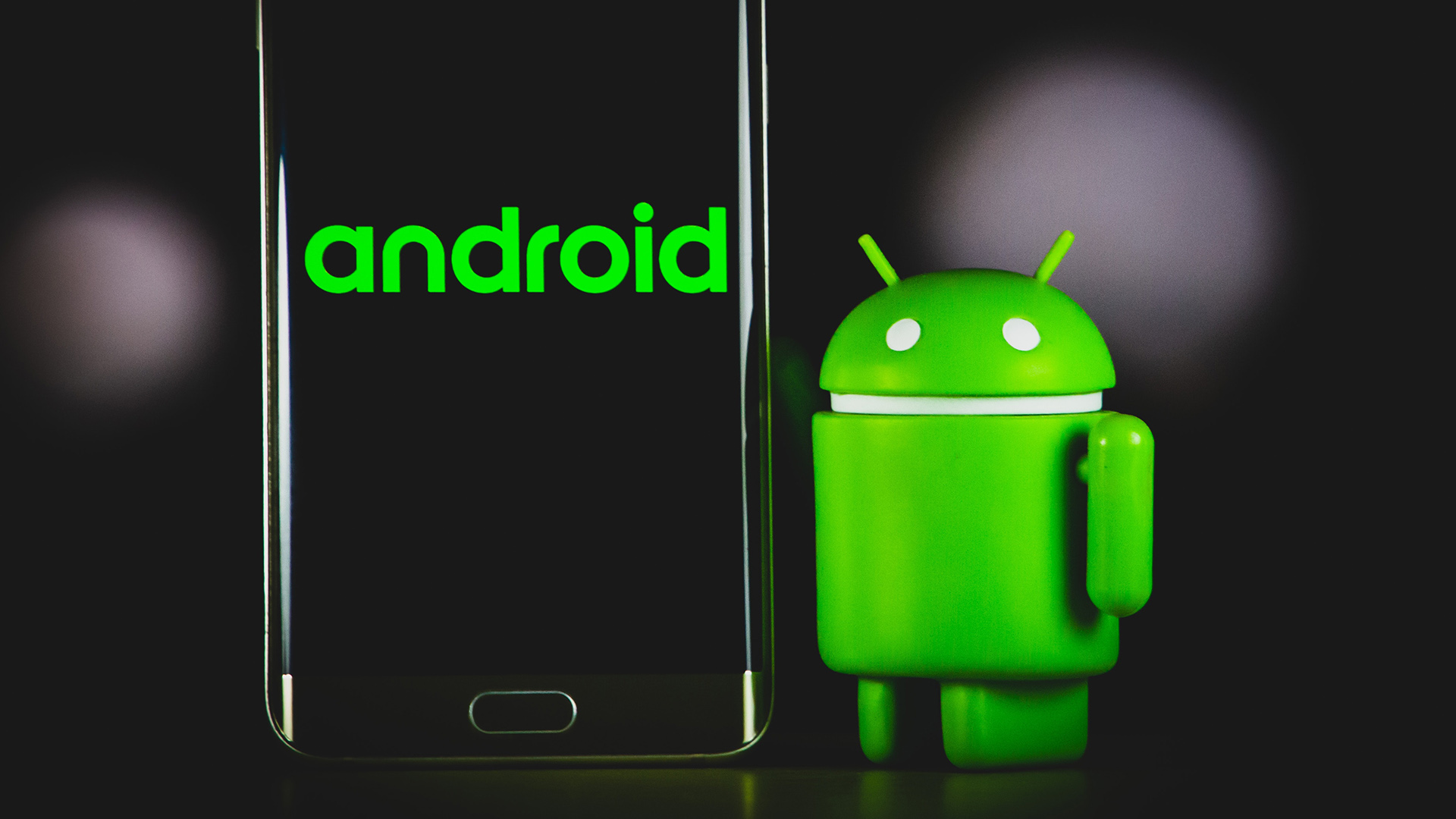- Smartphones running Android 14 are set to block oudated apps from being installed.
- This change is apparently to mitigate the spread of malware which often use older version of Android to bypass security.
- Outdated apps can still be installed through a few extra steps using the command shell.
Five months after its general availability began in August 2022, Android 13 has now reached 5 percent of all devices that can run the operating system. Companies like Samsung and OnePlus have been pushing the update across their phones, but the Google mobile OS is still struggling to reach more third-party devices.
As the latest Android slowly reaches more phones, Google is already busy with Android 14 with developer previews expected to be rolled out sometime around March 2023. One of the largest changes coming with that OS looking to be stricter API requirements.
According to 9to5Google, which previewed a newly posted code change (requires Android Open Source Project account) for Android 14, the new requirements will see outdated apps entirely blocked from installation.
The code change to Android 14 will see it block apps that target especially older versions of the OS, with the plan being to increase the minimum version that is blocked progressively newer builds of Android are released.
Third parties will be able to see this threshold depending on their devices. For example, Samsung may have this limit be Android 6.0 (Marshmallow), but Oppo may have it at Android 7.0 (Nougat).
This change is for Google to curb the spread of malware apps on these devices with the developer responsible for the change noting that some malware apps target older versions of Android to bypass protections that only exist in newer apps.
Google’s Play Store is infamous for being rife with hidden malware. In August last year, researchers at Bitdefender found 35 malicious apps on the platform, while just a few months later McAfee found 16 other malware-laced applications. Some of which were downloaded as much as 20 million times.
“If the minimum installable SDK version enforcement is enabled, block the install of apps using a lower target SDK version than required. This helps improve security and privacy as malware can target older SDK versions to avoid enforcement of new API behavior,” a note attached to the code says.
Interestingly, users who still want to install outdated apps can do so via launching the command shell, adding new steps and making it less likely for the average users to install malware on their device inadvertently.
[Image – Denny Müller on Unsplash]

